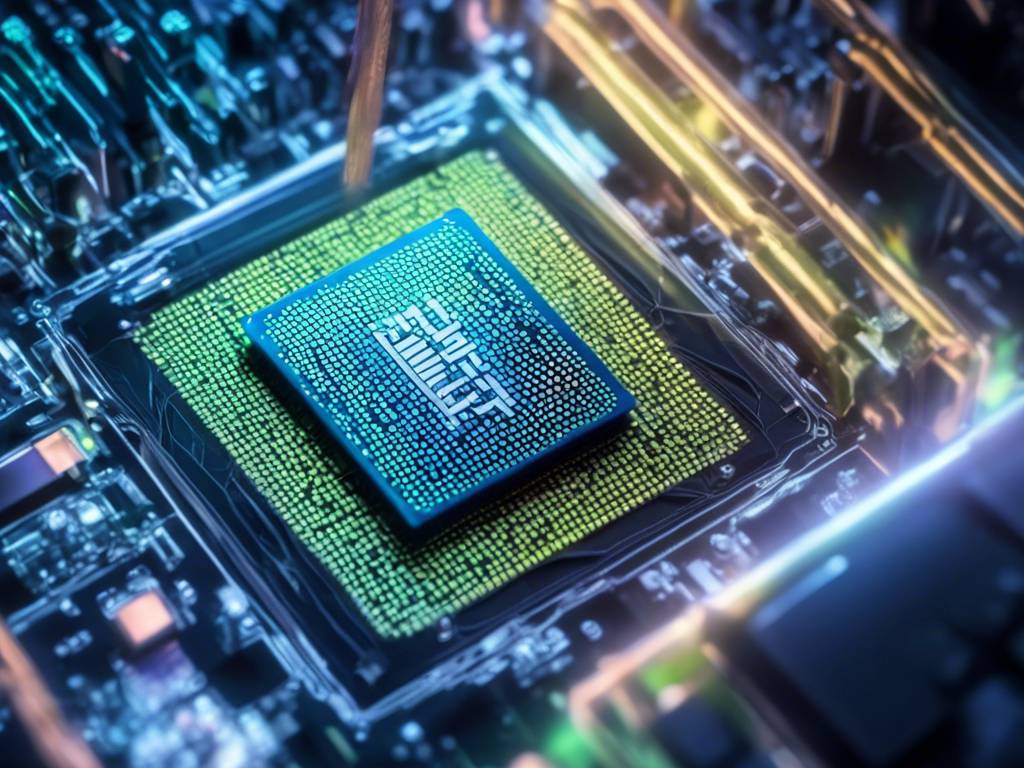Apple Introduces OpenELM: A Game-Changer for AI on Devices 🍏
Apple has entered the competitive artificial intelligence arena with the launch of OpenELM, a collection of eight small AI models. These compact tools are specifically designed to operate on devices and offline, making them ideal for smartphones.
What You Need to Know About OpenELM Models:
- The models are available in 270 million, 450 million, 1.1 billion, and 3 billion parameter versions.
- Users can opt for pre-trained or instruction-tuned versions of Apple’s OpenELM.
- Pre-trained models offer a base for further fine-tuning and development.
- Instruction-tuned models are ready to respond to commands, making them suitable for conversations and user interactions.
Publicly Available Data and Sharing by Apple:
The OpenELM models were trained using publicly available datasets, and Apple is generously providing the CoreNet library’s code (used to train OpenELM) and the “recipes” for its models. This transparency allows users to delve into the construction process of these innovative AI models.
The Impact of Apple’s OpenELM on the Industry:
- Apple’s move comes in the wake of Microsoft’s Phi-3 announcement, showcasing the growing interest in small AI language models for local use.
- The Phi-3 Mini model, equipped with 3.8 billion parameters, trumps competitors like GPT-4 in token capacity.
- Phi-3 Mini’s open-source nature and lightweight design make it a potential replacement for traditional voice assistants on certain tasks.
Apple’s Advantages in On-Device AI:
Apple’s hardware, with the combination of device RAM and GPU video RAM, provides a unique advantage in local AI processing. This integration allows Mac devices to utilize RAM efficiently for running AI models, unlike Windows devices that often require additional GPU power to run similar models.
Rumors and Future Integration of Apple’s AI Models:
While Apple has not yet integrated OpenELM into consumer devices, rumors suggest that the upcoming iOS 18 update will introduce new AI features with a focus on on-device processing for enhanced user privacy.
Challenges for Apple in AI Development:
Despite its hardware advantages, Apple still faces challenges in AI development compared to Windows and Linux platforms. The reliance on Nvidia hardware, which Apple has moved away from in favor of its own chips, poses obstacles for native AI development on Apple products.
Hot Take: The Future of AI on Devices and Apple’s Strategic Move 🚀
Apple’s introduction of OpenELM marks a significant step in bringing AI capabilities closer to users on their devices. With a focus on transparency, efficiency, and user privacy, Apple is poised to carve out a unique space in the competitive AI landscape. As advancements continue to unfold, the tech industry eagerly anticipates the impact of Apple’s strategic AI offerings on the future of device-based artificial intelligence.





 By
By
 By
By
 By
By

 By
By